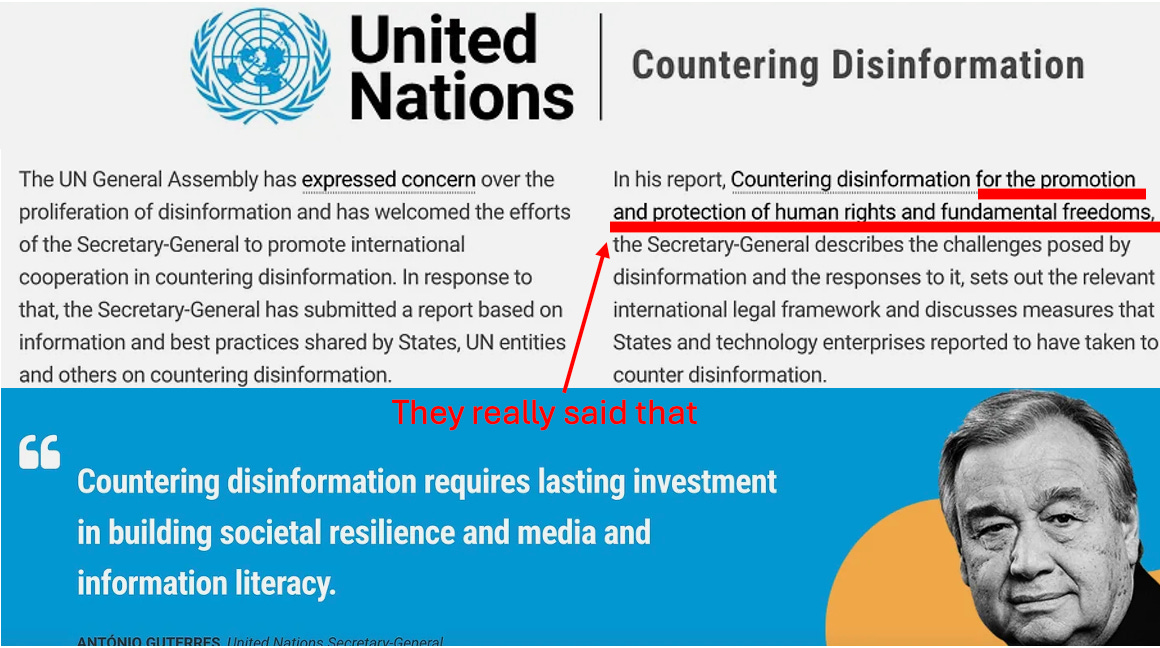
A psychiatrist on Thursday spent nearly five hours on the witness stand in Lehigh County Court recounting his 2018 evaluation of Bryan Freeman — an assessment that led him to believe the man who helped slaughter his parents and little brother 29 years ago isn’t ready to be freed.
Dr. John O’Brien has served as an expert witness for the prosecution in this week’s resentencing hearing for Freeman and his brother David, who were sentenced to life in prison without parole after the Feb. 26, 1995, massacre in their Salisbury Township home.
Along with their cousin, Nelson “Ben” Birdwell III, the brothers stabbed and beat to death their mother and father, Brenda and Dennis, and 11-year-old brother Erik. They fled to Michigan, where they were captured three days later at the home of man they knew through the neo-Nazi skinhead movement they had embraced.
The brothers were juveniles at the time of the crime — Bryan was 17 and David 16 — so they became eligible for resentencing in the wake of federal and state court rulings holding it unconstitutional to impose a life-without-parole sentence on minors.
Birdwell was 18 at the time, so his life-without-parole sentence stands.
Judge Douglas Reichley is presiding at the hearing. The decision whether to reduce the sentences or leave them in place is solely his to make, based on his sense of whether the brothers have been reformed, as their lawyers claim, or still harbor a potential for the kind of violence they unleashed in their home.
O’Brien testified Monday about his evaluation of David Freeman, and some of the concerns he raised then he also applied to Bryan. He said both brothers have tended to minimize their culpability for the killings by omitting facts or shifting blame.
Bryan, he said, “talks the remorse talk, but when you question him specifically, he continues to distance himself.” He claimed not to remember making well-documented threats against his family and said the massacre could have been prevented had he and his brother been allowed to move out of the house and had avoided Birdwell.
He also claimed a morbid scrapbook called the “Manson notebook” — dozens of newspaper clippings about family murders, including cases of children murdering their parents — belonged to David, though it was found in Bryan’s room.
While acknowledging Bryan has clearly made progress, “I don’t find credibility to his representation that he is fully rehabilitated,” O’Brien said.
In March Bryan, who is incarcerated at the state prison in Coaldale, was subject to a disciplinary action after authorities discovered he was padding the accounts of a prison charity he helped to run.
He told officials he could “fix it and make it right,” O’Brien said, suggesting he wanted to keep the incident off the record so it wouldn’t affect his resentencing bid.
“It’s indicative of a tendency to minimize and avoid responsibility,” O’Brien said. “That’s a concern regarding parole and release from custody.”
Bryan’s lawyer, Karl Schwartz, noted that the disciplinary action was the first taken against his client in 22 years. In virtually all aspects of prison life, Bryan has been exemplary, Schwartz said.
Character witness Eric Stracco, the commutation and clemency supervisor for the Department of Corrections, spent years at Coaldale as director of its library program and as a corrections counselor.
In the first role, he employed Bryan for about two years. In the second, he counseled him for at least three years.
“He was an exceptional worker,” Stracco said. “He seemed to have an innate work ethic that was present without being told what to do.”
He also had a gentle demeanor as he worked with other inmates, helping them navigate the library system.
“I never saw him lose his temper,” Stracco said. “I can’t recollect him ever using profanity. In state prison, profanity is how everyone talks.”
Schwartz asked Stracco if he would have any concerns about Bryan regaining his freedom.
“I would not. I believe he has changed,” Stracco said. “He exemplified evidence of change from the time he entered prison until now, and that exemplification warrants consideration for his eventual release under supervision.”
Against these assurances that Bryan is a changed man, First Assistant District Attorney Eric Dowdle and assistant prosecutor Gregory Englert sought to remind the court of the sheer savagery of the crimes.
They called former state police criminal investigator Joseph Vazquez to the stand — he was one of the primary investigators of the case — and had him graphically describe a series of crime scene photos depicting the victims.
On Monday the brothers chose to stay in their holding cells when a video of the crime scene was played in the courtroom. During Vazquez’s gruesome recitation, however, they remained at the defense tables, lowering their heads.
Bryan wept and, with his chin on his folded hands, appeared to be praying.
Vazquez recounted how investigators constructed a timeline of the killings through interviews with Bryan and David, who were prompted to talk after Birdwell spoke to media in Michigan and blamed everything on the brothers.
Vazquez said he believed David to be far more honest about the events than Bryan.
“I’m torn,” he said. “Maybe give David a break, but not Bryan.”
The hearing continues Friday.
Morning Call reporter Daniel Patrick Sheehan can be reached at 610-820-6598 or [email protected].'
https://enewspaper.mcall.com/infinity/article_share.aspx?guid=18218200-87fc-47ec-a13b-2bedb96f7fa6

 On Monday, Karl Schwartz, who is representing Bryan Freeman pro bono, said his client is remorseful — expressing “utter and desperate sorrow” over his crimes — and is a model inmate, often acting as a peacemaker among other prisoners.
On Monday, Karl Schwartz, who is representing Bryan Freeman pro bono, said his client is remorseful — expressing “utter and desperate sorrow” over his crimes — and is a model inmate, often acting as a peacemaker among other prisoners.




